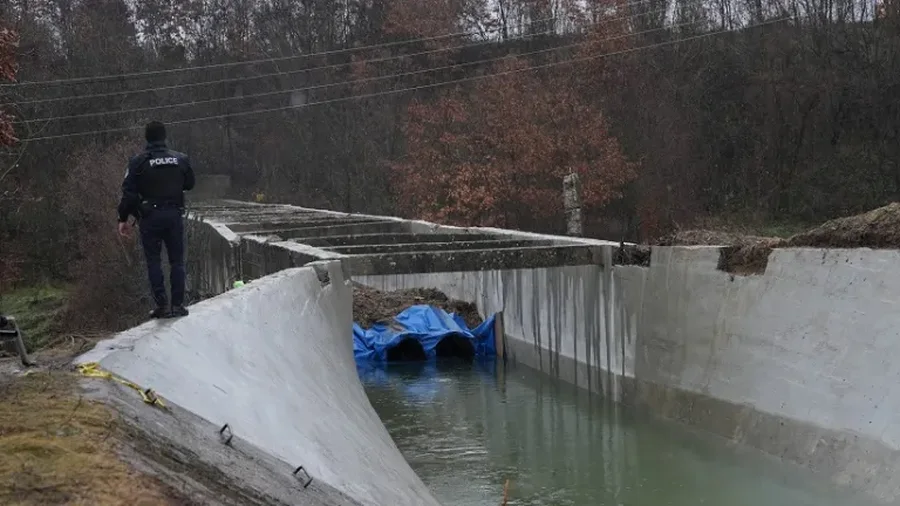
The National Institute of Public Health of Kosovo (IKSHPK) announced on Monday that water from the Ibër-Lepenci canal can be used for drinking now, about two weeks after an attack that damaged the canal in the north of the country.
In an announcement on Facebook, the institute said that it has conducted laboratory analyzes of the water in its treatment plants in Shipol, Balinca, Drenas and Shkabaj, in the last four days.
" Laboratory results from the two laboratories, IKSHPK and QRSHP-Mitrovica, for the last four days (Friday, Saturday, Sunday and Monday, December 06-09-2024) result within the stipulated standards for drinking water for all the required parameters according to UA 10/2021 "Quality of Water intended for human consumption ", said IKSHPK.
The Ibër-Lepenc Canal supplies water from Lake Ujman to the entire north of Kosovo, the regions of Mitrovica, Pristina and its surroundings, as well as the Kosovo Energy Corporation for cooling its thermal power plants.
A powerful explosion on November 29 caused a large crack in a canal wall in a village in Zubin Potok, endangering water and power supplies to much of the country.
Kosovo blames Serbia for the attack, which is denied by official Belgrade.
While KEK's supply of water for the cooling of its thermal power plants was not affected, the explosion caused water reductions in some parts of the country, while the water could then only be used for hygienic and sanitary purposes.
The institute also announced that the water supply has returned to normal as of December 6.
He instructed the regional water supply companies, KRU Prishtina and KRU Mitrovica, to continue the supervision and treatment of water and to provide water in quantity and quality, according to drinking water standards.
KRU Prishtina supplies water to the capital and its surroundings. KRU Mitrovica supplies water to municipalities such as South Mitrovica, partly North Mitrovica, Zvecan, Vushtrina and Skenderaj, according to the company's website.
The Kosovar authorities have described the November 29 explosion in the water channel as the most serious attack on the country's infrastructure since the post-war period.
The attack was condemned by the international community, with the European Union and Germany calling it a "terrorist act". /REL (A2 Televizion)








